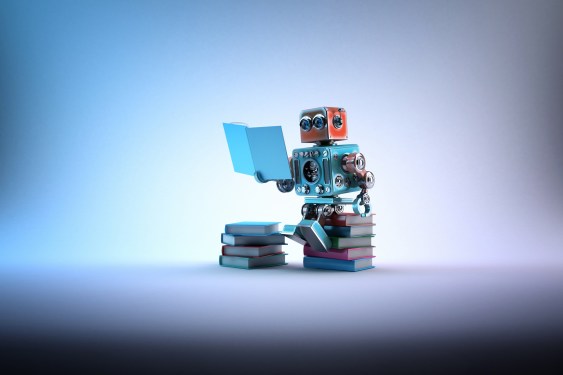The article discusses the evolution of Robotic Process Automation (RPA) and its potential integration with Artificial Intelligence (AI), specifically generative AI. Here are the key points:
- RPA’s limitations: Current RPA platforms have limitations, such as a lack of intelligence and adaptability, which hinders their ability to automate complex tasks.
- Generative AI’s potential: Generative AI has the potential to enhance RPA by enabling intelligent automation, decision-making, and adaptation to changing situations.
- UiPath’s Context Grounding: UiPath is developing a new capability called Context Grounding, which aims to improve the accuracy of generative AI models by converting business data into an optimized format.
- Automation Anywhere’s roadmap: Automation Anywhere is prioritizing customer feedback and incorporating generative AI into their platform to increase productivity and reduce operating costs.
- RPA vendors’ future plans: RPA vendors are expected to adapt to the changing landscape by integrating with generative AI, enabling intelligent automation, and expanding use cases and applications.
Key quotes:
- "The future of AI will require a combination of specialized AI with generative AI." – UiPath’s Sam Enslin
- "What we hear from every customer, across every industry, is that their ability to incorporate automation in many more use cases has increased exponentially with generative AI." – Automation Anywhere’s Craig Le Clair
Implications:
- Increased adoption of RPA: As generative AI becomes more integrated into RPA platforms, more organizations are likely to adopt these technologies.
- Improved productivity and efficiency: By leveraging the potential of generative AI, companies can reduce operating costs and increase productivity, giving them a competitive edge in their respective markets.
- New use cases and applications: The integration of generative AI with RPA is expected to lead to new and innovative use cases, enabling organizations to automate complex tasks more efficiently.
In conclusion, the evolution of RPA and its potential integration with generative AI will have significant implications for businesses and industries worldwide. As RPA vendors continue to adapt and integrate these technologies, we can expect to see increased adoption, improved productivity, and new use cases emerge in the near future.



